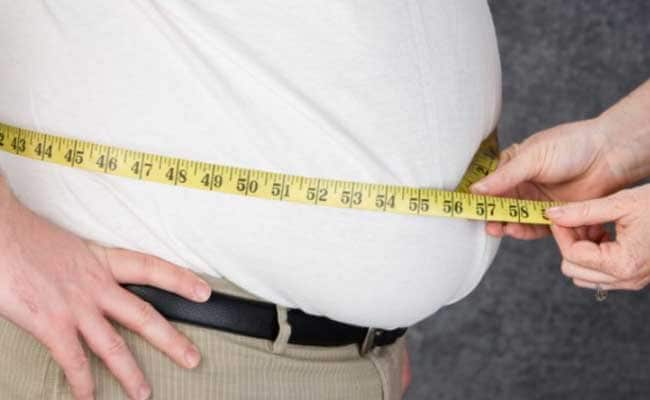Qatar holds its very first national obesity workshop to raise awareness and find radical solutions and treatments for obesity.
The department of Bariatric and Metabolic Surgery at Hamad Medical Corporation (HMC) alongside the International Obesity Federation, hosted the first-ever National Obesity Workshop, titled “Challenges and Strategies for Prevention and Treatment.”
The workshop was led by obesity experts from Gulf countries Lebanon, and the UK in addition to some experts from HMC, private sector, and primary health care clinics. The workshop also included leaders from the Ministry of Public Health (MoPH) and the World Obesity Federation (WOF).
The main idea behind this workshop is to trigger large-scale discussions on national guidelines to properly manage obesity in children and adults. The challenges facing healthcare workers in dealing with obese patients and with obesity complications were a central part of the workshop talks and discussions.
Read also: Qatar to open large state-of-the-art diabetes centre to battle disease
The Ministry of Health aims to set new guidelines for the treatment of obesity, as it looks to find ways to unite treatment plans in all health facilities in Qatar. The chiefs of the clinical nutrition at HMC joined the workshop and stressed the need for a healthy balanced diet, minimizing desk-bound habits, and changing unhealthy behaviors, stressing the importance of sports and physical activities daily. Back in 2011 the country’s Amir Sheikh Tamim issued a decree stating that the second Tuesday of every February would be dedicated as a National Sports day, this initiative is one of the many taken by Qatar promote a healthier lifestyle and encourage people to improve their diet and their physical health.
This latest workshop comes on the back of an increased number of obesity cases in the country, especially among children and adolescents. According to recent studies, 41.4 % of Qatari nationals are obese. The high rate of obesity is directly linked to the high rates of diabetes in the Gulf state which is currently at approximately 17%.







